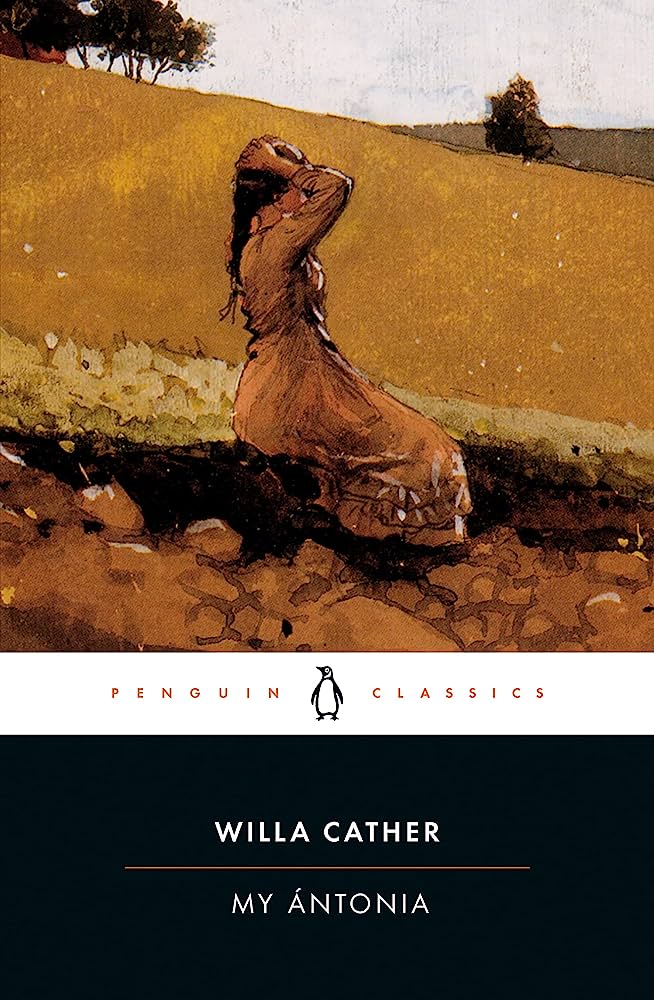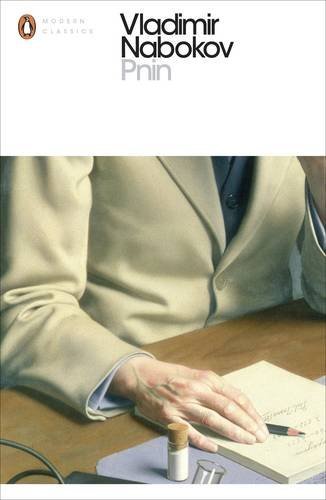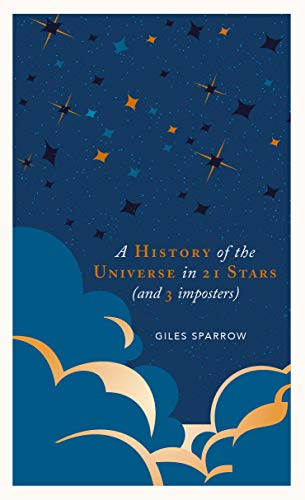I would like to wish all my followers a very Happy New Year! ✨ – let the year 2024 bring only joy, happiness and the fulfilment of all your wishes! Below is my list of 7 best books I read in 2023 (the best books I tend to read happen to be classics, and I am excluding non-fiction, graphic novels and short story collections).

I. My Ántonia [1918]
by Willa Cather – ★★★★★
This touching coming-of-age story by Willa Cather (Death Comes for the Archbishop, A Lost Lady) centres on Jim Burden’s friendship with one immigrant girl, free-spirited Ántonia Shimerda in Nebraska. Cather’s elegant prose simply enchants, and Jim’s distinctive voice is unforgettable, with each chapter brimming with soulfulness as it tells of immigrants’ hardships and sacrifices made through the years. It is a deeply nostalgic look at a life passed, as well as a sweeping expose of rural life in the late 19th and early 20th century America.

II. Go Tell It On The Mountain [1953]
by James Baldwin – ★★★★★
James Baldwin’s debut is a staggering book that focuses largely on John Grimes, step-son of the minister at the Pentecostal church in Harlem. John tries to make sense of his upbringing, environment and above all – all the expectations placed on him by others. This is a multi-dimensional and at times multi-perspective novel which also reveals issues of sexuality, racism and attempts at fitting in while remaining true to oneself. Baldwin’s prose cuts like a knife and yet remains touchingly lyrical throughout as the story recounts the accumulated heartbreak.
Continue reading “7 Best Books I Read in 2023”





















 “He was not sure that he wanted to see the Countess Olenska again; but ever since he had looked at her from the path above the bay he had wanted, irrationally and indescribably, to see the place she was living in, and to follow the movements of her imagined figure…The longing was with him day and night, an incessant undefinable craving, like the sudden whim of a sick man for food and drink once tasted and long since forgotten. He could not see beyond the craving, or picture what it might lead to…He simply felt that if he could carry away the vision of the spot of earth she walked on…the rest of the world might seem less empty” [Edith Wharton, 1920: 191].
“He was not sure that he wanted to see the Countess Olenska again; but ever since he had looked at her from the path above the bay he had wanted, irrationally and indescribably, to see the place she was living in, and to follow the movements of her imagined figure…The longing was with him day and night, an incessant undefinable craving, like the sudden whim of a sick man for food and drink once tasted and long since forgotten. He could not see beyond the craving, or picture what it might lead to…He simply felt that if he could carry away the vision of the spot of earth she walked on…the rest of the world might seem less empty” [Edith Wharton, 1920: 191].